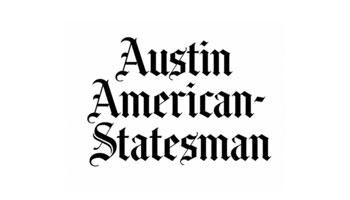For over five decades, Dick DeGuerin has been a towering figure in the world of criminal defense. Renowned for his courtroom prowess, unwavering commitment to his clients, and tireless pursuit of justice, Mr. DeGuerin’s reputation precedes him.
Dick DeGuerin
Criminal Defense Attorney
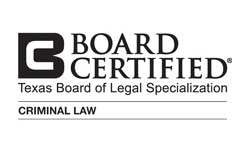
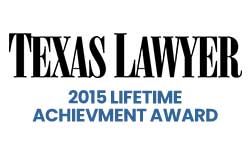

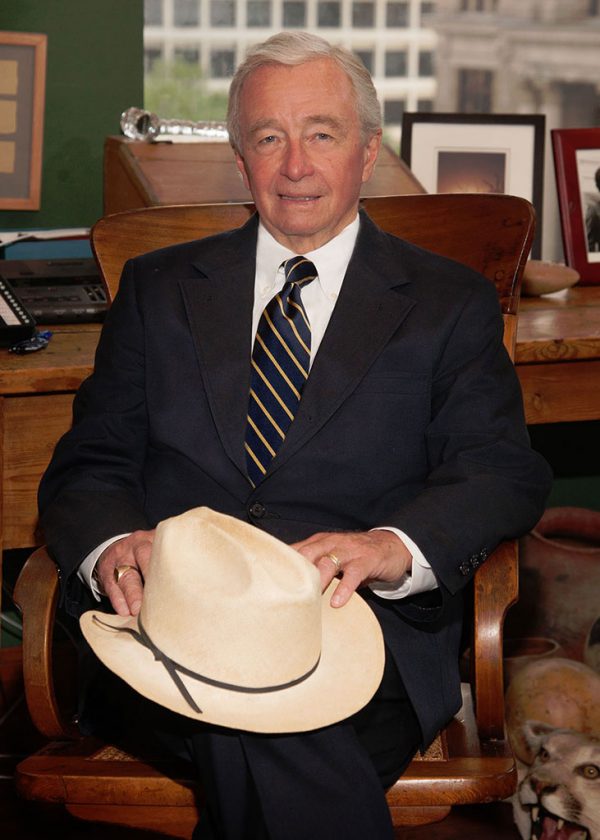
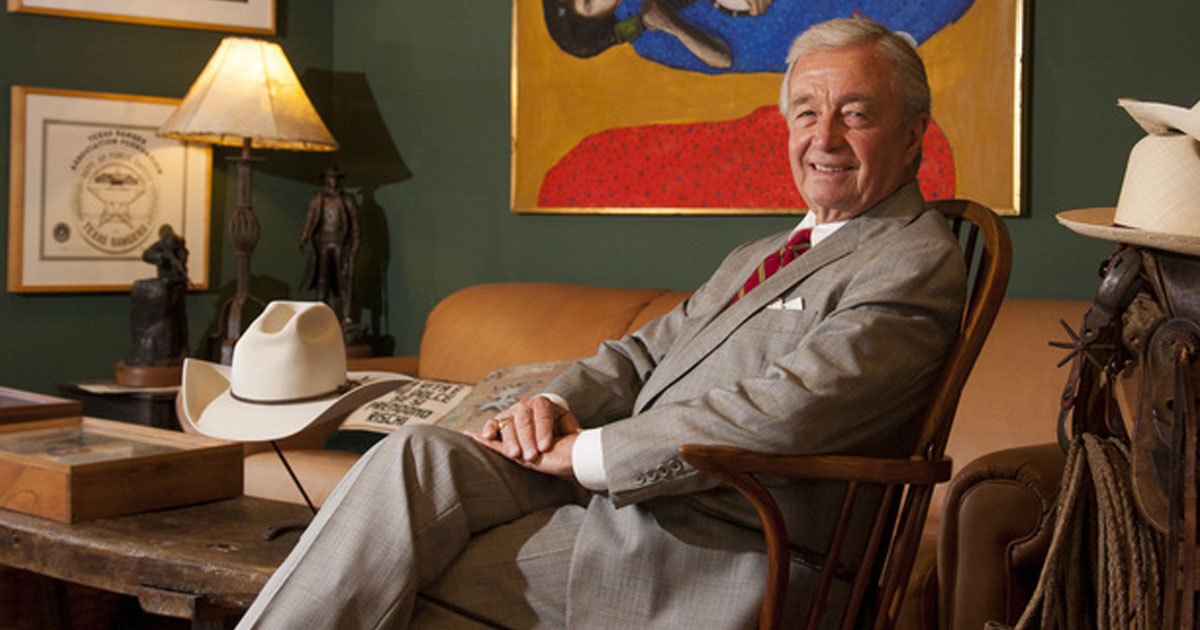
Experience that Matters
From his early beginnings as a prosecutor in the Harris County District Attorney’s Office to his establishment of a powerful, nationally recognized defense firm, DeGuerin has honed his skills in the fires of the most complex and high-stakes cases. His extensive experience includes:
- Defending clients against allegations ranging from white-collar crimes to capital murder
- Representing high-profile individuals, including politicians, professional athletes, and business leaders
- Landmark acquittals and victories in both state and federal courts
Passion and Tenacity
Dick DeGuerin is not just any lawyer; he’s a fierce advocate for the rights of his clients. He believes in the presumption of innocence and the importance of ensuring that the law is applied fairly and justly. This passion translates into relentless preparation, courtroom eloquence, and a steadfast determination to achieve justice.
If you find yourself facing criminal charges, Dick DeGuerin and his team at DeGuerin & Dickson stand ready to provide the experience, skill, and unwavering advocacy you need to protect your future.
Education
- University of Texas School of Law, L.L.B. 1965
- University of Texas, B.A. 1963
Bar Admissions
- All State and Federal Courts in Texas
- United States Court of Appeals for the Fourth, Fifth, Sixth, Eighth, Tenth and Eleventh Circuits
- United States Supreme Court
Certifications
- Board Certified in Criminal Law, Texas Board of Legal Certification, 1976
Teaching
- University of Texas School of Law, Adjunct Professor in Criminal Law, 1994 to Present
- South Texas College of Law, Associate Professor in Criminal Law, 1969-1970
Recognition
- Honorary Member, Order of the Coif, University of Texas School of Law, 2013
- Lifetime Achievement Award, Harris County Criminal Lawyers Association, 2008
- Hall of Fame Award, Texas Criminal Defense Lawyers Association, 2004
- Top Ten Litigators, The National Law Journal, 2004
- Attorney of the Year, Harris County Criminal Lawyers Association, 1999
- Outstanding Criminal Defense Lawyer, State Bar of Texas Criminal Justice Section, 1994
Memberships
- American Association for Justice
- American Bar Foundation
- American Board of Criminal Lawyers
- American Board of Trial Advocates
- American College of Trial Lawyers
- American Judicature Society
- College of Master Advocates of Barristers
- College of the State Bar of Texas
- Harris County Criminal Lawyers Association, Charter Member, Past President and Director
- Houston Bar Association
- Houston Trial Lawyers Association
- International Academy of Trial Lawyers
- International Society of Barristers
- Keeton Fellows, University of Texas
- National Association of Criminal Defense Lawyers, President’s Club, Life Member
- Texas Bar Foundation, Charter Member
- Texas Board of Trial Advocates
- Texas Criminal Defense Lawyers Association, Charter Member and Director
- Texas Trial Lawyer’s Association
Notable Cases
Dick DeGuerin is a prominent Texas attorney known for representing clients in several high-profile cases. Here are some of the most notable ones:
David Koresh and the Branch Davidians
DeGuerin was notably involved in the Waco siege of 1993, where he represented David Koresh, the leader of the Branch Davidians. He attempted to negotiate a peaceful resolution during the standoff with federal agents.
Tom DeLay
DeGuerin defended Tom DeLay, the former U.S. House Majority Leader, who was charged with money laundering and conspiracy related to campaign finances. Although DeLay was initially convicted, the verdict was overturned on appeal.
Robert Durst
DeGuerin represented real estate heir Robert Durst, who was acquitted of murder charges in 2003 in a highly publicized trial involving the dismemberment of Morris Black, Durst’s neighbor. Durst claimed self-defense and accidental killing during a struggle for a gun.
Kay Bailey Hutchison
DeGuerin successfully defended Kay Bailey Hutchison, a U.S. Senator from Texas, who faced charges of official misconduct and records tampering while she was the Texas State Treasurer. The charges were dismissed shortly after the trial began.
Branch Davidian Survivors
Following his representation of David Koresh, DeGuerin also represented survivors of the Branch Davidian siege in their defense against murder charges filed after the event.
These cases underscore DeGuerin's role in some of the most controversial and closely watched legal battles in recent American history, highlighting his prominence in the field of criminal defense.
Board Certified Criminal Law
Dick DeGuerin has been certified as a specialist in Criminal Law by the Texas Board of Legal Specialization
Unmatched Track Record
Decades of experience handling complex, high-profile cases at both the state and federal level.
Extensive Legal Knowledge
Able to craft sophisticated defense strategies tailored to complex situations.
Renowned Courtroom Skills
Recognized as a master trial lawyer and captivating courtroom presence.









